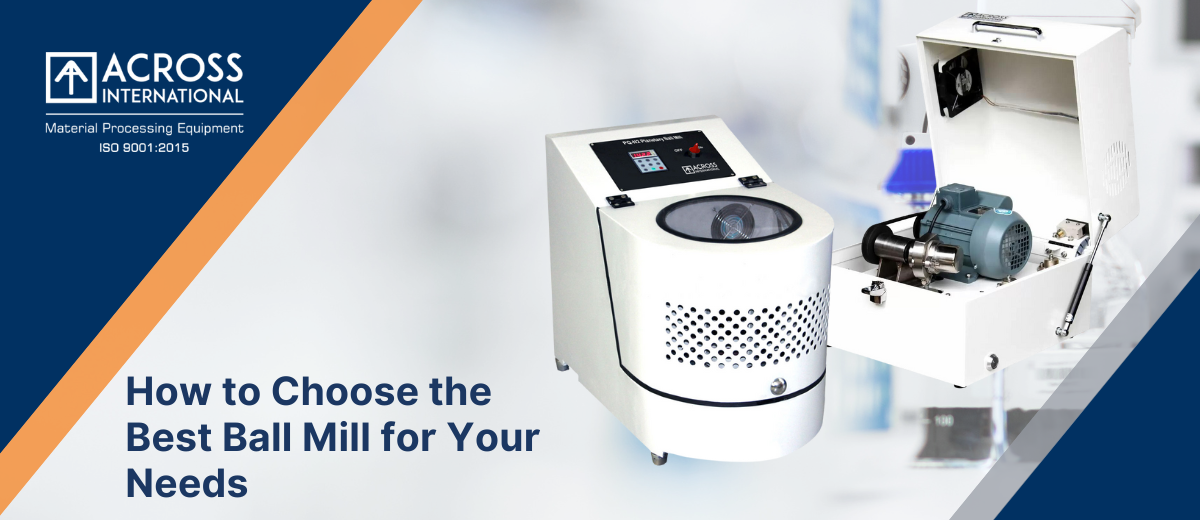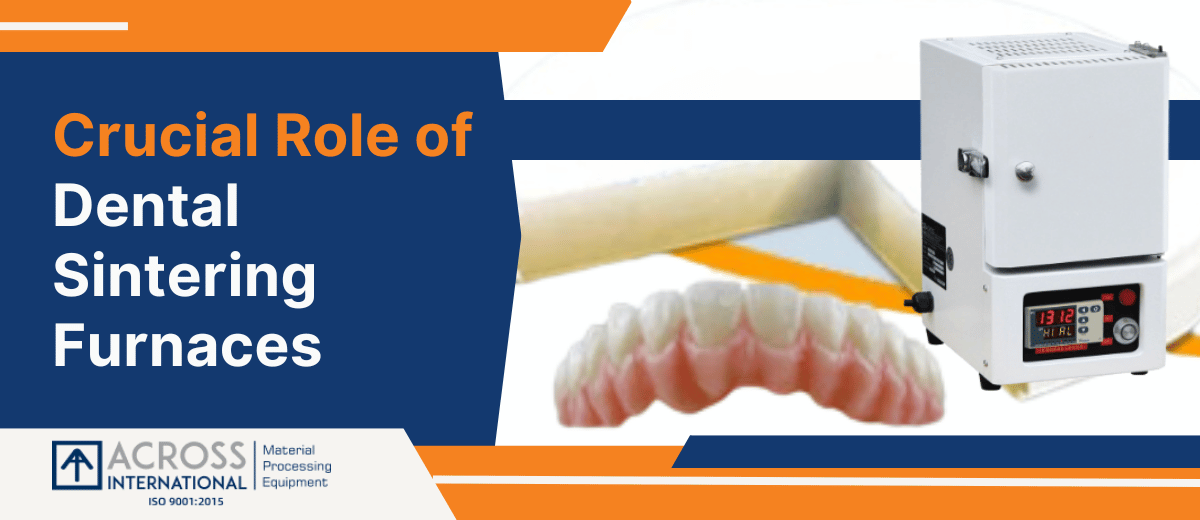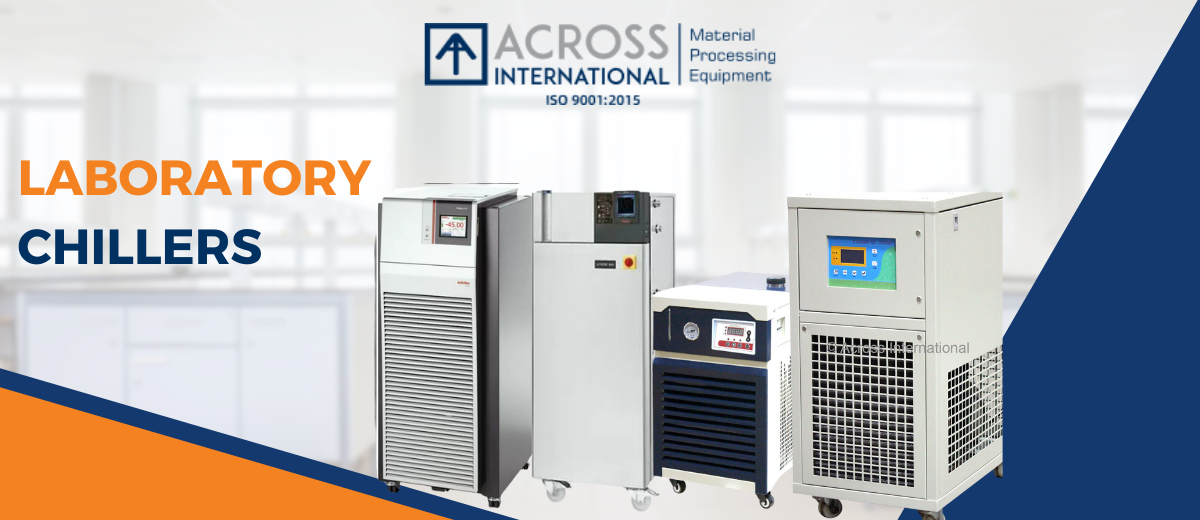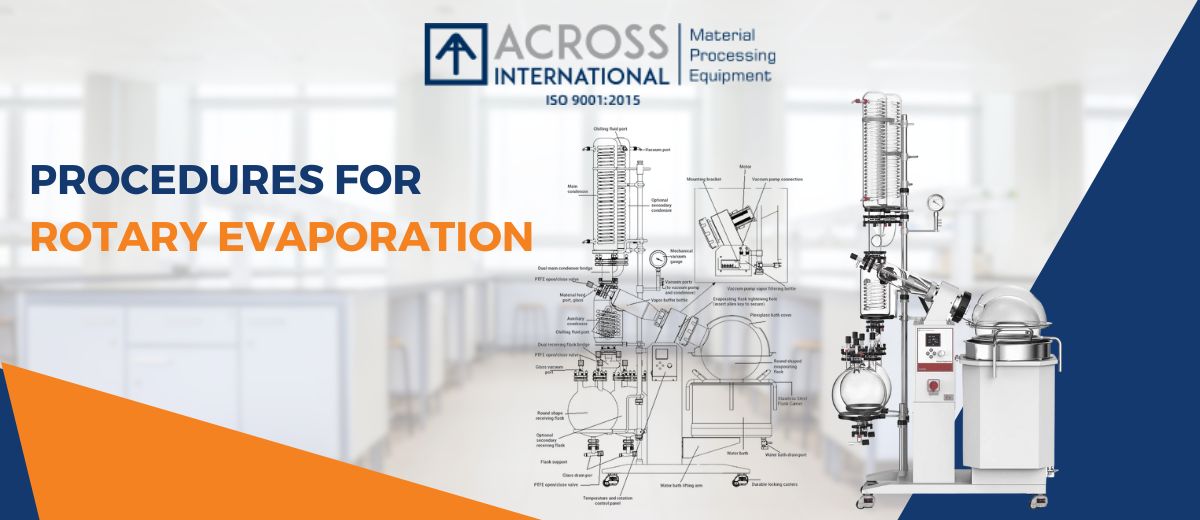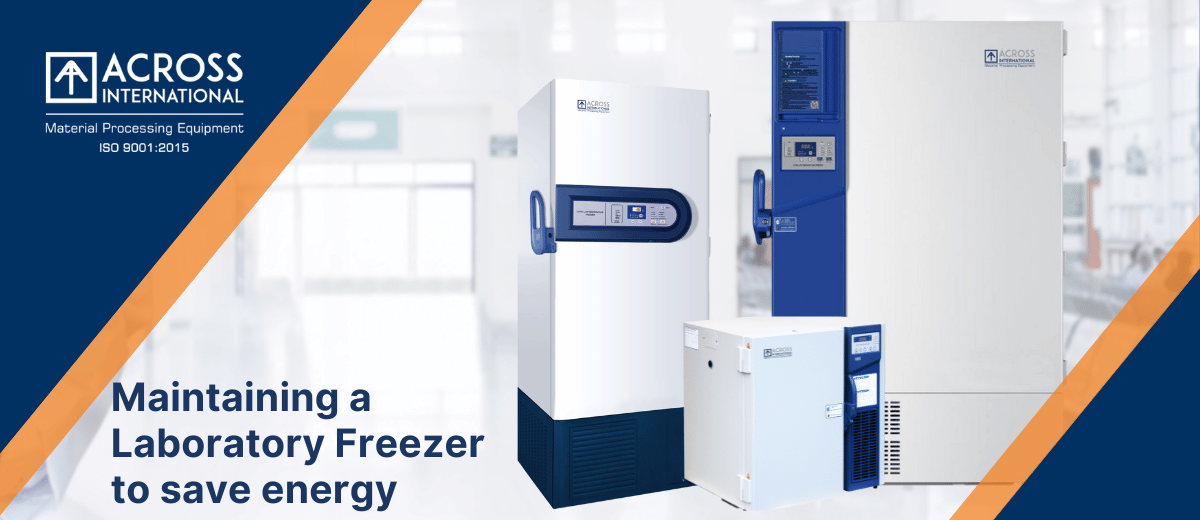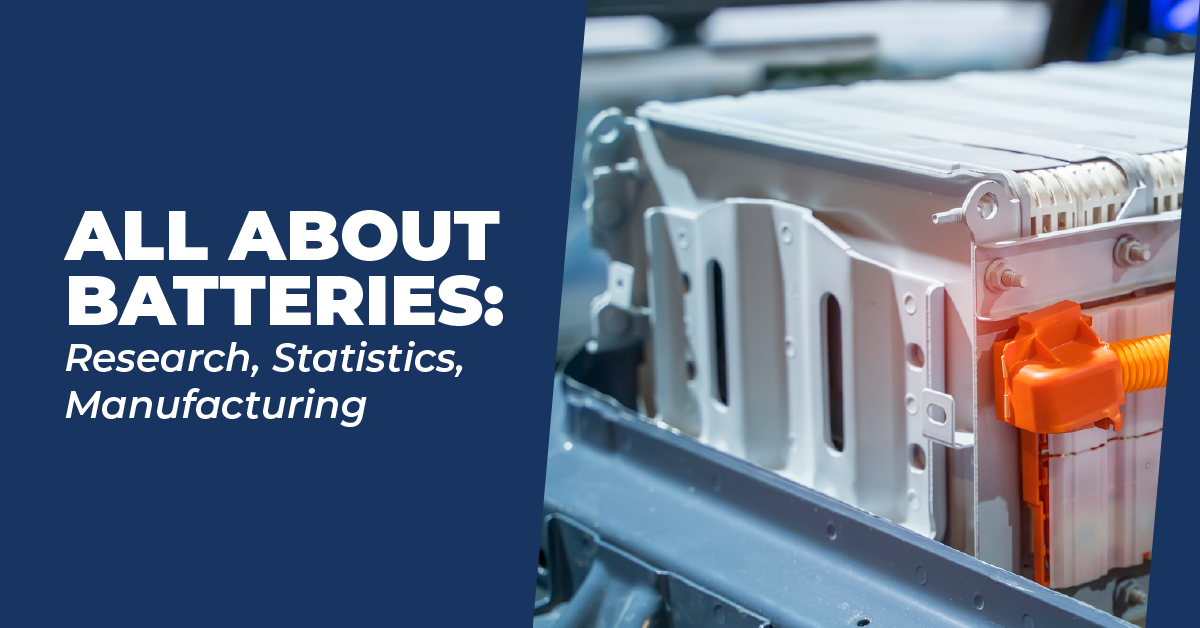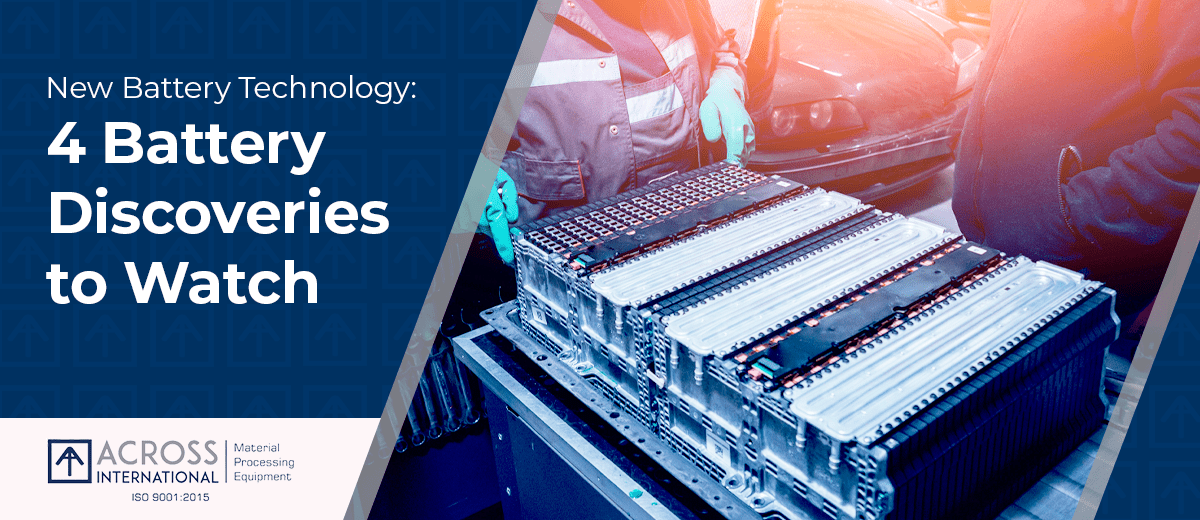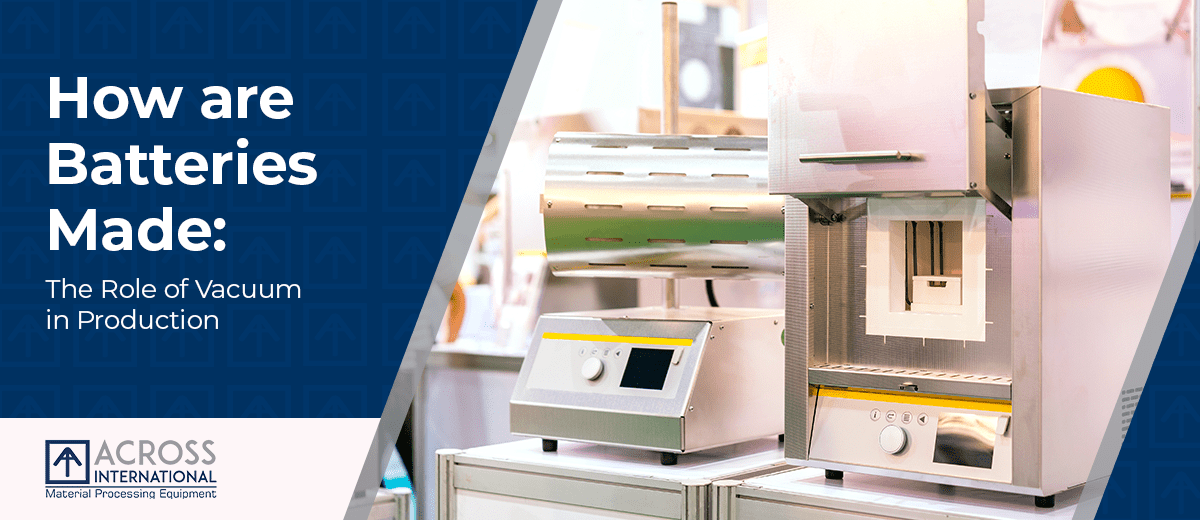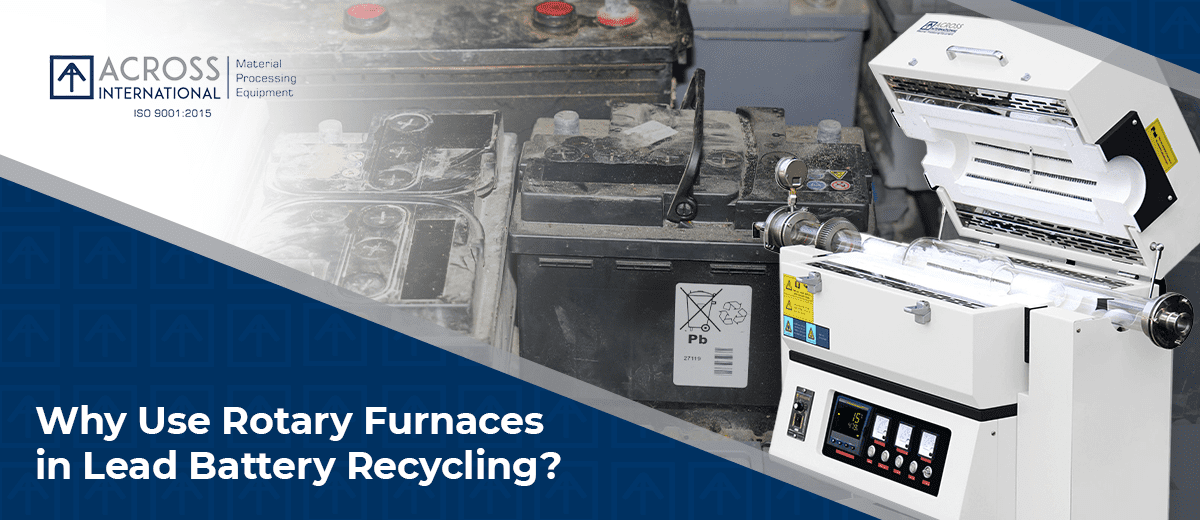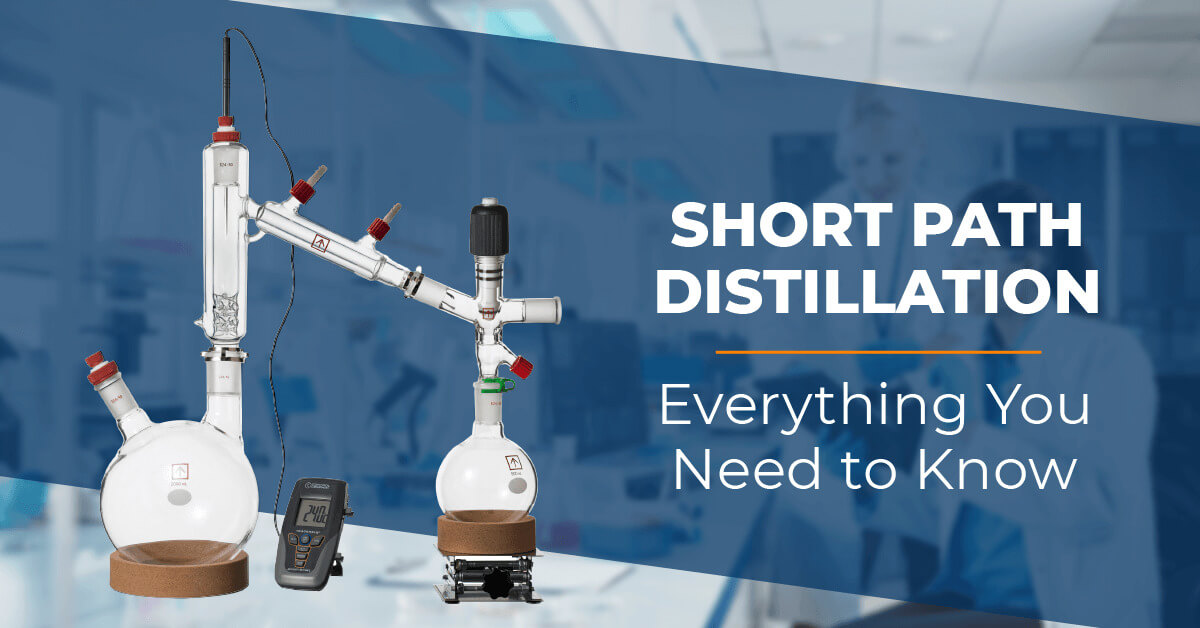We use cookies to make your experience better. To comply with the new e-Privacy directive, we need to ask for your consent to set the cookies. Learn more.
Benefits of 316L Stainless Steel Chamber for Laboratory Ovens
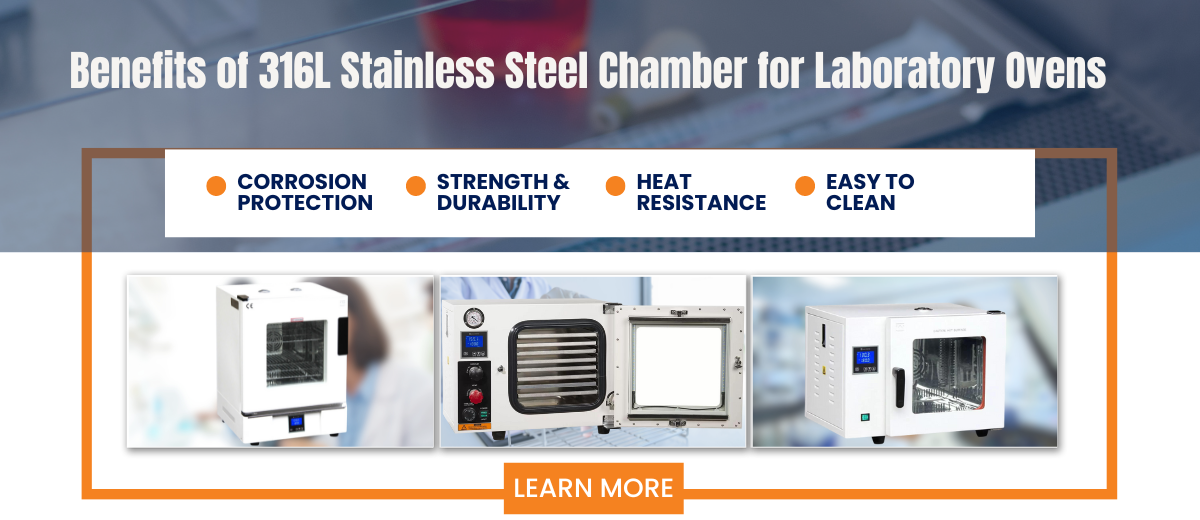
Vacuum ovens and Forced Air Ovens are both used to heat materials to high temperatures, but they do so in different ways. Vacuum ovens use a vacuum to remove the air from the chamber, which lowers the boiling point of water and other liquids. This allows materials to be dried or cured at lower temperatures. Forced air ovens, on the other hand, use hot air to heat materials. 316L stainless steel is a good choice for laboratory ovens because it is corrosion-resistant, inert, and strong. Corrosion resistance is important because the vacuum environment can be corrosive, especially if there are any trace amounts of moisture or oxygen present. Inertness is important because the vacuum environment can also be reactive, and 316L stainless steel does not react with other materials. Strength is important because the vacuum oven may be subjected to high temperatures or pressure, and 316L stainless steel is able to withstand these conditions.
Why Choose a 316L Chamber for Your Vacuum Oven and Forced Air Oven?
316L stainless steel is an alloy of iron, chromium, nickel, molybdenum, and carbon. The chromium in the alloy gives it its corrosion resistance, while the molybdenum further enhances its resistance to corrosion in chloride-containing environments. The nickel in the alloy also gives it its strength and durability. It is a versatile material that is used in a wide variety of laboratory equipment. A 316L chamber is constructed of austenitic stainless steel, which is very corrosion-resistant. This makes it ideal for vacuum ovens, as the chamber is constantly exposed to moisture and other corrosive substances.
There are several advantages to using a 316L chamber in your laboratory ovens. As one of the most corrosion-resistant materials available, 316L stainless steel is perfect for use in vacuum ovens and Forced Air Ovens. It is also incredibly robust and durable, having the ability to tolerate high temperatures. Furthermore, 316L stainless steel is easy to clean, which is vital for ovens since the chamber must be kept clean to prevent sample contamination.
Here are some of the specific benefits of using a 316L chamber in the Lab drying oven:
Corrosion protection: Even in extreme settings, 316L stainless steel is highly corrosion resistant. This is due to its greater chromium content than other varieties of stainless steel. Chromium provides a protective coating on the metal's surface that inhibits corrosion. As a result, your vacuum oven will last longer and require less maintenance.
Strength and durability: 316L stainless steel is extremely robust and long-lasting. This is due to its austenitic steel construction, which has a face-centered cubic crystal structure. This structure makes the metal more ductile and crack-resistant. High heat and pressure may also be withstood by 316L stainless steel without breaking or leaking. This makes it perfect for use in vacuum ovens, where high temperatures and pressures are frequently encountered.
Heat resistance: Temperatures of up to 1,400 degrees Fahrenheit may be tolerated by 316L stainless steel. This implies that your lab ovens may be used for a wide range of applications, including high-temperature drying, curing, and degassing. This is critical for many sectors, including pharmaceutical, food, and semiconductor.
Easy to clean: It is critical for laboratory ovens because the chamber must be kept clean to prevent sample contamination. The metal's smooth, non-porous surface makes it simple to clean with a moist towel. Because 316L stainless steel is chemically resistant, you may clean it with moderate detergents.
Main Differences between a normal chamber and a 316L chamber for a lab oven :
By removing the air from the chamber, lab ovens are used to dry, cure, and degas materials. The chamber is an important part of the oven since it is the container that stores the samples and is subjected to the vacuum.
Normal chambers and 316L chambers are the two major types of chambers used in lab ovens. 316L chambers are constructed of austenitic stainless steel, whereas normal chambers are made of mild steel or carbon steel.
Material composition
The primary distinction between standard chambers and 316L chambers is the material composition. 316L chambers are constructed of austenitic stainless steel, whereas normal chambers are made of mild steel or carbon steel. Mild steel and carbon steel are not as resistant to corrosion as austenitic stainless steel. This implies that standard chambers are more likely to corrode over time, particularly if exposed to severe chemicals or conditions.
Austenitic stainless steel is resistant to corrosion, making it perfect for use in lab ovens. Because the chamber is continually exposed to moisture and other corrosive chemicals, this is the case.
Corrosion resistance
When selecting a vacuum oven or forced air oven, the corrosion resistance of the chamber is crucial. Normal chambers are not as corrosion-resistant as 316L chambers, which means they will corrode more quickly. This can result in leaks and sample contamination.
Because 316L chambers are very corrosion-resistant, they will last longer and require less maintenance. As a result, they are the optimum choice for vacuum ovens used in hostile environments or for applications requiring high levels of cleanliness.
Strength and Durability
In addition to corrosion resistance, the strength and durability of the chamber must be considered. 316L chambers are stronger and more durable than standard chambers. This implies that if they are subjected to extreme temperatures or pressure, they are more prone to break or leak.
316L chambers are sturdy and long-lasting, able can handle high temperatures and pressure without breaking or leaking. As a result, they are the optimum choice for vacuum ovens used for high-temperature applications or applications requiring high amounts of pressure.
Heat resistance
The heat resistance of the chamber is another crucial consideration. Normal chambers cannot sustain high temperatures, hence they cannot be utilized for high-temperature drying or curing applications.
Because 316L chambers can endure high temperatures, they may be utilized for a wide range of applications such as drying, curing, and degassing materials at high temperatures. As a result, they are the optimum choice for lab ovens used in high-temperature applications.
Ease of cleaning
Another significant element to consider is the convenience of cleaning the chamber. Normal chambers can be difficult to clean since they are frequently constructed of porous materials that retain dirt and debris.
Because they are comprised of non-porous materials that do not collect dirt and debris, 316L chambers are simple to clean. As a result, they are the perfect choice for vacuum ovens that require frequent cleaning.
Cost
The cost of the chamber is also an essential consideration. 316L chambers are generally more costly than standard chambers. The higher cost of 316L chambers, however, is countered by the extended lifespan and fewer maintenance needs.
In terms of corrosion resistance, strength, durability, heat resistance, and simplicity of cleaning, 316L chambers outperform standard chambers. They are, however, pricier. A 316L chamber is an ideal option for a high-quality laboratory oven that will last for many years.
High-Quality Drying Ovens for Your Lab
A high-quality oven is essential for every laboratory and many industries. Lab ovens serve several functions, including drying, curing, and degassing materials.
When selecting a lab oven, it is critical to examine the type of chamber required. Across International provides 316L chamber lab ovens, which are composed of austenitic stainless steel, which is very corrosion resistant. As a result, they are suited for use in severe settings or applications requiring high degrees of cleanliness.
* Multi-Zone heating for precise temperature control
* 3” of insulation around the chamber for increased temperature stability and efficiency
* New tension-adjustable door handles
* UL/CSA certified, CE certified, cGMP ready
Whether you are a researcher, chemist, or technician, Across International offers the lab oven you require. Browse our oven collection today to discover more about our offers, or get a quotation to get started on setting up your lab.


